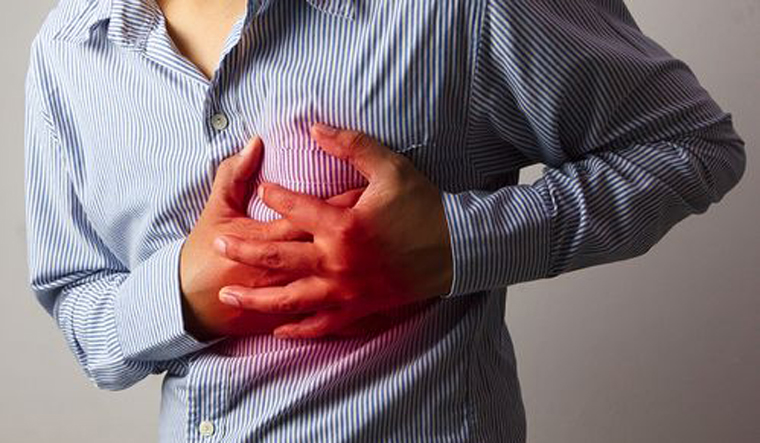A recent study conducted by the Indian Council of Medical Research (ICMR) has revealed that unexplained sudden deaths among young adults in India are not associated with the COVID-19 vaccination. The study, titled "Factors associated with sudden deaths among adults aged 18-45 years in India: a multicentric matched case-control study," has been published in the Indian Journal of Medical Research.
Contrary to initial concerns, the study found no evidence of a positive correlation between COVID-19 vaccination and unexplained sudden death among young adults. In fact, the research suggests that COVID-19 vaccination may actually reduce the risk of such incidents in this age group.
The study highlighted several factors that may contribute to unexplained sudden death among young adults in India. These include a family history of sudden death, previous hospitalization for COVID-19, recent binge drinking, and engagement in vigorous-intensity physical activity.
Addressing these risk factors could potentially help mitigate the occurrence of unexplained sudden deaths in this demographic.
The research was conducted across 47 tertiary care hospitals in India. The cases involved apparently healthy individuals between the ages of 18 and 45, who died suddenly from unexplained causes within 24 hours of hospitalization or were seen as healthy in the 24 hours preceding their death. For each case, four controls were selected, matched for age, gender, and neighborhood.
During the study, the researchers collected data through interviews and record reviews. The information gathered included details about COVID-19 vaccination or infection, post-COVID-19 conditions, family history of sudden death, smoking habits, recreational drug use, alcohol consumption frequency, binge drinking, and intense physical activity in the two days prior to death or the interviews.
The investigation was prompted by anecdotal reports of sudden deaths among seemingly healthy young adults in India. These incidents raised concerns that they might be linked to COVID-19 infection or the COVID-19 vaccination. However, the study's findings dispel these worries.
Admitted to the hospital for COVID-19 in the past, family history of sudden death and certain lifestyle behaviours increased the likelihood of unexplained death among young adults in India and not Covid vaccination, an ICMR study said on Tuesday.
The study "Factors associated with sudden deaths among adults aged 18-45 years in India a multicentric matched case-control study" has been published in the Indian Journal of Medical Research.
"We found no evidence of a positive association of COVID-19 vaccination with unexplained sudden death among young adults. On the contrary, the present study documents that COVID-19 vaccination indeed reduced the risk of unexplained sudden death in this age group," the study said.
It highlighted that family history of sudden death, hospitalization for COVID-19 and lifestyle behaviours such as recent binge drinking and vigorous-intensity physical activity were risk factors for unexplained sudden death.
Addressing these factors among young adults could potentially modify their risk of unexplained sudden death.
The study was conducted through participation of 47 tertiary care hospitals across India. Cases were apparently healthy individuals aged 18-45 years without any known co-morbidity, who suddenly (less than 24 hours of hospitalisation or seen apparently healthy 24 hours before death) died of unexplained causes during October 1, 2021-March 31, 2023.
Four controls were included per case matched for age, gender and neighbourhood.
The researchers interviewed/perused records to collect data on COVID-19 vaccination/ infection and post-COVID-19 conditions, family history of sudden death, smoking, recreational drug use, alcohol frequency and binge drinking and vigorous-intensity physical activity two days before death/interviews.
Anecdotal reports of sudden death among healthy young adults in India led the researchers to conduct the investigation. These deaths raised concerns that they might be related to COVID-19 infection or Covid vaccination, official sources stated.


